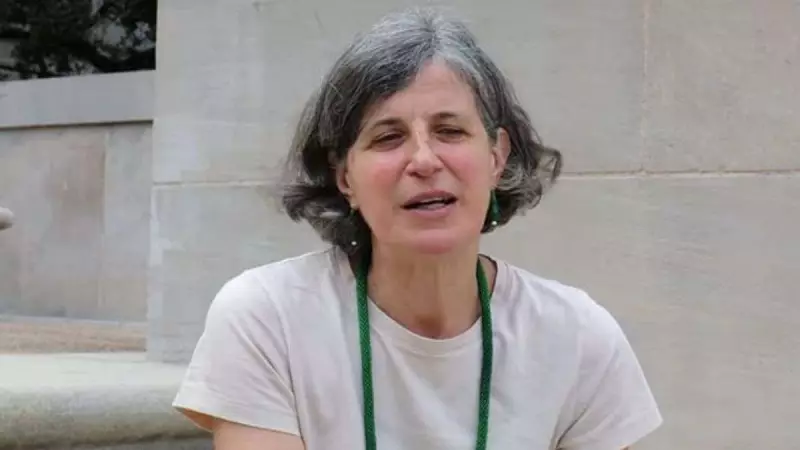
In a dramatic turn of events that has sent shockwaves through academic circles, Professor Francesca Orsini, a renowned Hindi scholar from the United Kingdom, was recently denied entry into India and forcibly returned to London. The incident occurred at Delhi's Indira Gandhi International Airport, where immigration authorities prevented the esteemed academic from entering the country.
Who is Professor Francesca Orsini?
Francesca Orsini is no ordinary academic. As a Professor of Hindi and South Asian Literature at SOAS University of London, she has dedicated decades to studying and promoting Indian languages and culture. Her scholarly work has significantly contributed to global understanding of Hindi literature, making her an unexpected target for such restrictive measures.
The Airport Confrontation
Sources indicate that Professor Orsini arrived in Delhi expecting to continue her academic work, only to be informed by immigration officials that she had been placed on a blacklist prohibiting her entry into India. The authorities provided limited explanation before arranging her return flight to London, leaving the academic community bewildered and seeking answers.
Possible Reasons Behind the Blacklisting
While official statements remain scarce, several theories have emerged regarding the blacklisting:
- Academic Research Content: Her work on regional literatures and cultural histories might have touched upon sensitive topics
- Previous Travel Patterns: Frequent visits to various Indian regions for research purposes
- Associations and Collaborations: Potential concerns about her academic networks within India
- Administrative Oversight: Possible confusion or error in the blacklisting process
Impact on Academic Freedom
This incident raises significant questions about academic freedom and international scholarly exchange. Professor Orsini's case represents a growing trend where foreign academics face increasing scrutiny and restrictions when conducting research related to India. The academic community has expressed concern about the chilling effect such actions might have on cultural and educational exchanges between India and other nations.
Broader Implications
The blacklisting of a prominent Hindi scholar by the very country whose culture she studies highlights the complex relationship between academic research and national security concerns. As governments worldwide become more cautious about foreign influence, scholars like Professor Orsini find themselves navigating increasingly complicated regulatory landscapes.
The case continues to develop as academic institutions and human rights organizations seek clarification from Indian authorities about the specific reasons behind this decision and whether similar restrictions might affect other international scholars working on Indian studies.





